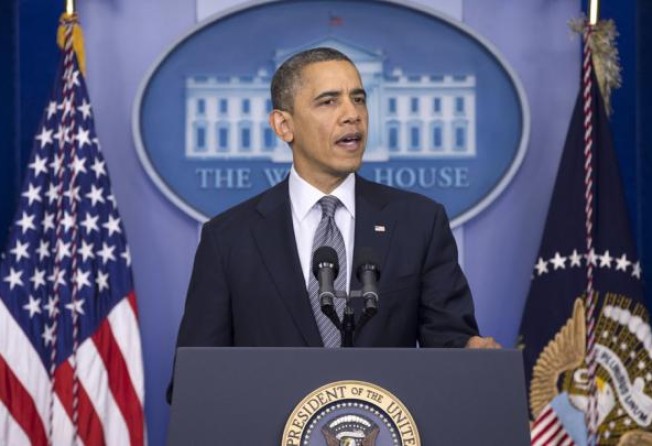Fog warning on the road to Damascus

You may want to spare some sympathy for the Americans, who can't seem do anything right when it comes to asserting their superpower status. US President Barack Obama, it was reported last week, said the US would recognise the opposition forces fighting Syrian President Bashar al-Assad's regime, with the exception of Jabhat al-Nusra, an Islamist faction allied to al-Qaeda.
Obama's remarks, which preceded the weekened meeting in Marrakech at which the Free National Gathering was formed, were seen as a signal of Washington's intention to be allied with those who, probably within our lifetime, will take over Damascus. In doing so, Washington may have to disregard the principle that my enemy's friend is probably not my friend.
The issue of Islamists aside, however, Obama's declaration was not welcomed in all quarters of the anti-Assad alliance. According to The New York Times, Washington has been sitting on the fence for so long that it has alienated Syrians "across the political spectrum" by "allowing" 40,000 people to die in the 21-month conflict.
Notable by its absence, though, was any mention in this report of how Syrians might feel about the role that has been played by Beijing and Moscow, which have wielded their veto on the UN Security Council to sabotage any sanctions against Damascus. Just how long-suffering Syrians might interpret this behaviour, and why they should be less offended by the Chinese and Russians than by the Americans, has been left to our imaginations.
Whatever the truth of the report on Syrians' frustrations with Washington, it will have aided the cause of those who have been calling for Washington to get stuck in. More usefully, though, we may take it as a reminder that, as the Syria's conflict slouches towards its conclusion in the days/weeks/months to come, the fog of its war will become only more dense.
Who's doing what to whom, who is befriending whom, who is stabbing whom in the back and who deployed the bombs that killed God knows how many people is going to become increasingly opaque, despite news-gathering organisations such as The New York Times sending in their finest scribes to report on yet another conflict far from home.